Michael Haneke has made a name for himself as a brilliantly talented filmmaker who quite simply does not like happiness. The 81-year-old Austrian director has made 12 feature films since 1989, and they're generally all of very high quality. He makes powerful films that feature great acting and unpack difficult topics in intelligent ways, but his tendency to make films that are as brutally realistic as they are just genuinely brutal means Haneke's not a filmmaker for everyone.
It's hard to rank his feature films, because some of them blend together in certain ways while also remaining distinct and hard to compare in other ways. Still, what follows is an attempt to rank them all from worst to best... though saying this is a ranking from good to great may well be more fitting, because it has to be emphasized that Haneke hasn't yet made a truly bad film. All 12 have a good deal to offer, so long as viewers are prepared to have their hearts ripped out and their souls trampled on.
12 'Happy End' (2017)
Happy End doesn't mark the first time Michael Haneke put an ironically positive adjective in the title of one of his movies, as a pair of movies from 1997 and 2007 respectively will show (more on them later). This 2017 film follows a wealthy French family dealing with comparatively minor problems while the inhabitants of a nearby - though just out of sight - refugee camp suffer.
It can be grouped with other movies from the late 2010s and early 2020s that have tackled wealth inequality and classism, but doesn't satisfy the same way as Parasite or even something like The Menu might. It feels particularly restrained and distant, even by Haneke's standards, but may have something to offer for particularly patient viewers who don't mind a slow-burn movie that refuses to ever explode.
11 'Funny Games' (2007)
The funny thing about 2007's Funny Games is that it doesn't have much to offer for anyone who's seen the 1997 original. The films are shot in a nearly identical fashion, and both tell the same story about two young men terrorizing a family in their home, all the while one of the young men breaks the fourth wall, attempting to make viewers feel guilty about watching a violent horror/thriller movie.
The film was made twice so the satirical, anti-violence message of the film could reach (potentially) twice as many viewers. The 2007 version is in English, and the original was in German, and the two different languages can combat the fact some people don't like subtitles. It's as effective and unnerving as the 1997 film, but it's a second verse that's the same as the first, meaning most may as well just stick to the original.
10 '71 Fragments of a Chronology of Chance' (1994)
Numerous Michael Haneke films spend much of their runtime building up to a shocking act of violence, but few build to it as gradually as 71 Fragments of a Chronology of Chance. Put simply, it revolves around various characters who are all impacted in some way by a mass shooting on Christmas Eve, with the film unfolding in a deliberately fractured, jarring fashion.
Indeed, it's made up of 71 different scenes surrounding this premise, with some of these titular fragments being just a few seconds long, though most hover somewhere between one and two minutes. It's unnerving and harrowing in its most powerful moments, but perhaps goes on for just a little longer than it needs to, with some sequences in the back half feeling too repetitive.
9 'Time of the Wolf' (2003)
It's hard to classify something as obscure as Time of the Wolf, when it comes to genre. The film follows a family who's trying to survive some mysterious but clearly terrible circumstances, though the ambiguity about why they're in the position they are makes the film difficult to pin down.
It could be called a survival film, or maybe a post-apocalyptic one, or potentially even some kind of extra bleak sci-fi. It's an intensely difficult watch from front-to-back, and establishes its brutal, take-no-prisoners approach right from the opening scene. It's certainly one of Haneke's most challenging works, but will probably reward those who can stick with it.
8 'Benny's Video' (1992)
Benny's Video isn't quite classifiable as a full-blown found footage film, though in a way, it feels like it could be commenting on the genre, even though that style of movie hadn't truly taken off in 1992. It follows a 14-year-old boy who commits a heinous crime and records a video confession to his parents, who then have to figure out what to do next.
Primarily, it's a look at violent media, and the way that being exposed to it at a young age could change the behavior, thoughts, and emotions of certain, vulnerable individuals. It's a very difficult film to watch, and the fact its message still holds relevance makes it harrowing even 30+ years later, despite the video-recording technology in the film now being very outdated.
7 'Code Unknown' (2000)
The best way to describe Code Unknown is that it feels like a refinement of what Michael Haneke was trying to do six years earlier with the flawed but interesting 71 Fragments of a Chronology of Chance. It's told in a similarly fragmented style, and though it doesn't have as dramatic a central premise as that 1994 film, it does ultimately focus more intimately on a smaller group of characters.
The way the lives of the characters intersect is consistently interesting, and often very subtle, meaning it's one film that requires viewers' full attention (or even repeat viewings). It's also made even more compelling through the way it's shot, with every new scene unfolding in an unbroken long take, some of which go on for many minutes.
6 'The Piano Teacher' (2001)
Though The Piano Teacher was directed by Michael Haneke, it's a film that some would say largely belongs to the remarkably intense Isabelle Huppert. She's an acting force of nature in most films she appears in, and The Piano Teacher might well have the most unnerving and borderline terrifying performance of her career.
The film's an in-depth study of her character, a repressed piano teacher whose life is dramatically upturned when she begins a passionate - and unusual - romance with a younger man. Of all Haneke's films, this might be the most graphic, with plenty of upsetting scenes that ultimately serve a purpose within this difficult story, albeit while making the film hard to recommend to many, even with its technical qualities and powerhouse central performance.
5 'Funny Games' (1997)
Yes, it's hard to justify 1997's Funny Games being substantially better than the 2007 version. On a purely objective assessment, you'd probably conclude they're equally good. They're both stomach-churning. They're both grim. They both largely succeed in making viewers regret watching them.
Put another way: if the English-language version had come out first, it would be the "better" of the two, seeing as it would've conveyed all that grim satire before the German-language version. But the German-language one did it first, and therefore gets the upper hand... it's the only way to differentiate the two, really, with 2007's version admittedly being a good option for English-speaking viewers who simply don't want to read subtitles.
4 'Amour' (2012)
Few films capture the hardships of growing old as unflinchingly as 2012's Amour. It centers on an elderly couple whose lives are permanently changed after the wife suffers a debilitating stroke, and the husband is forced to look after her and face all the challenges that come with that.
Haneke released the film the year he turned 70. Its stars were both in their 80s at the time of filming, with Emmanuelle Riva passing away at the age of 89 in 2017, and Jean-Louis Trintignant passing away at 91 in 2022. This makes the film even more haunting and hard-hitting when watched now, and its exploration of aging and the approaching imminence of death that comes with getting older was already heartbreakingly powerful back in 2012.
3 'Caché' (2005)
2005's Caché showed the world what a Michael Haneke thriller looks like. Sure, it's not as explosive or action-packed as the thrillers you'd get from many American filmmakers, but it's undeniably unnerving and tense in a way that may well be Haneke's signature style. Undoubtedly, he keeps things gripping throughout, even though much of the film is low-key and very grounded.
The film follows a married couple who one day begin receiving strange videotapes left on their front porch, with the story following their attempts to work out who's behind them. It's a slow burn in the best way possible, and though the premise might sound like something Alfred Hitchcock could've made, Haneke executes it in a way that's entirely his own, demonstrating in the process that he can confidently branch out to genres besides drama.
2 'The Seventh Continent' (1989)
While The Seventh Continent isn't a horror movie, it's arguably scarier than most movies in that genre. It's hard to elaborate without giving away the final act, but at first, it centers on a seemingly ordinary family who's going about their everyday business. They gradually become more irritated and disassociated from their lives. And then, they make a dramatic decision.
This was Michael Haneke's first theatrically-released feature film, and given it's one of his very best films, it's safe to call it one of the greatest debuts of the last few decades. It's bound to leave all who watch it feeling as though they're in a pit of despair, but when dealing with difficult subject matter and downbeat stories, that kind of reaction is intended, and few films comparable to The Seventh Continent hit quite as hard as it does.
1 'The White Ribbon' (2009)
The White Ribbon is arguably Michael Haneke's greatest accomplishment as a filmmaker. It has a scope that feels larger than any of his other movies, taking place in a German village shortly before the start of World War One. Its inhabitants - especially the youngest in the village - all have to deal with various hardships and mysterious occurrences, all of which create a persistent feeling of unease and perhaps horror for the audience.
It also stands out for its fantastic black-and-white cinematography that perfectly complements the film's setting and overall unsettling mood. Few Haneke films are this good at sucking viewers in and immersing them in a challenging but engrossing story, and the film's merits were recognized by various awards organizations, including the Cannes Film Festival, where it won the Palme d'Or in 2009.

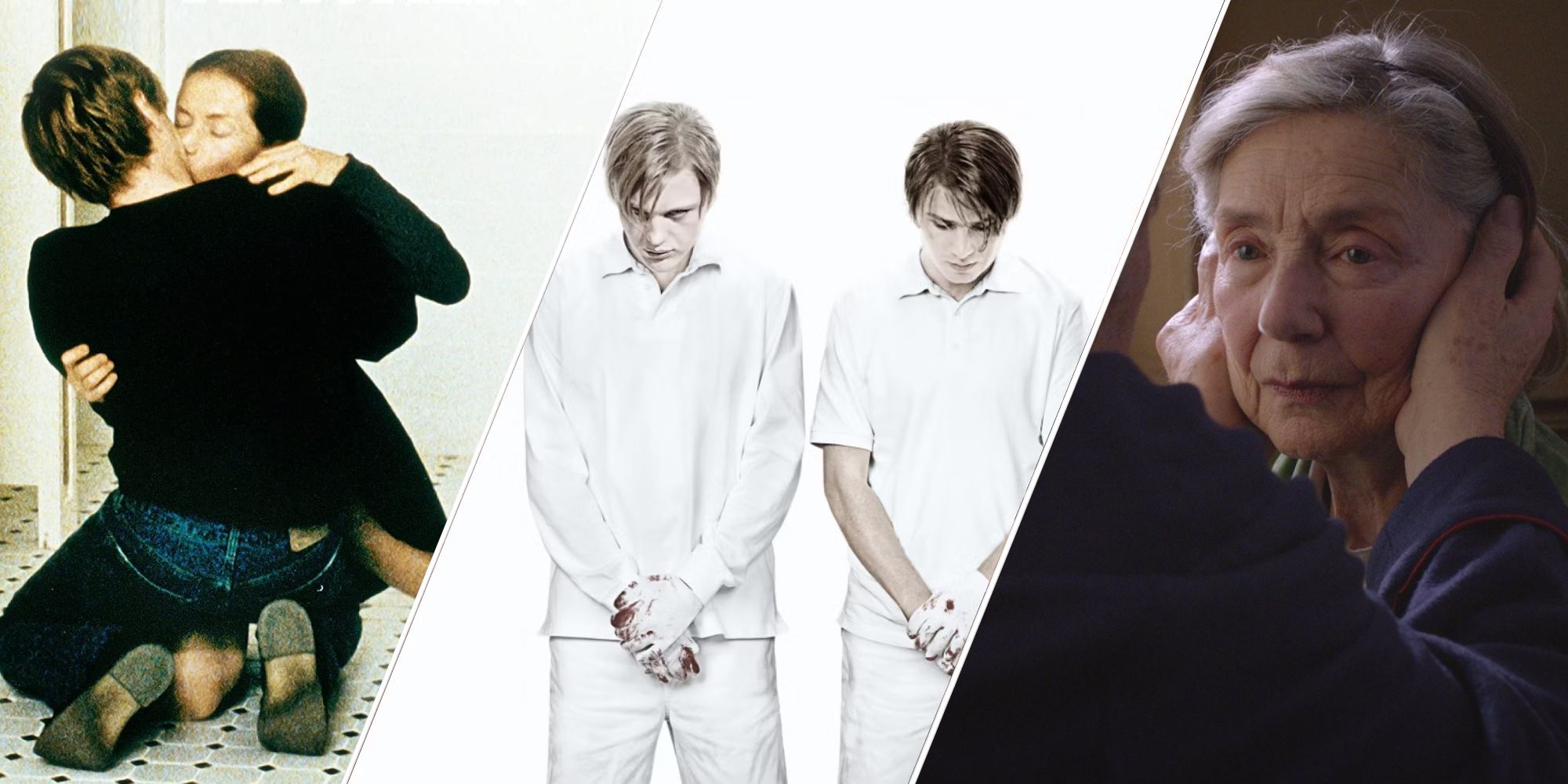
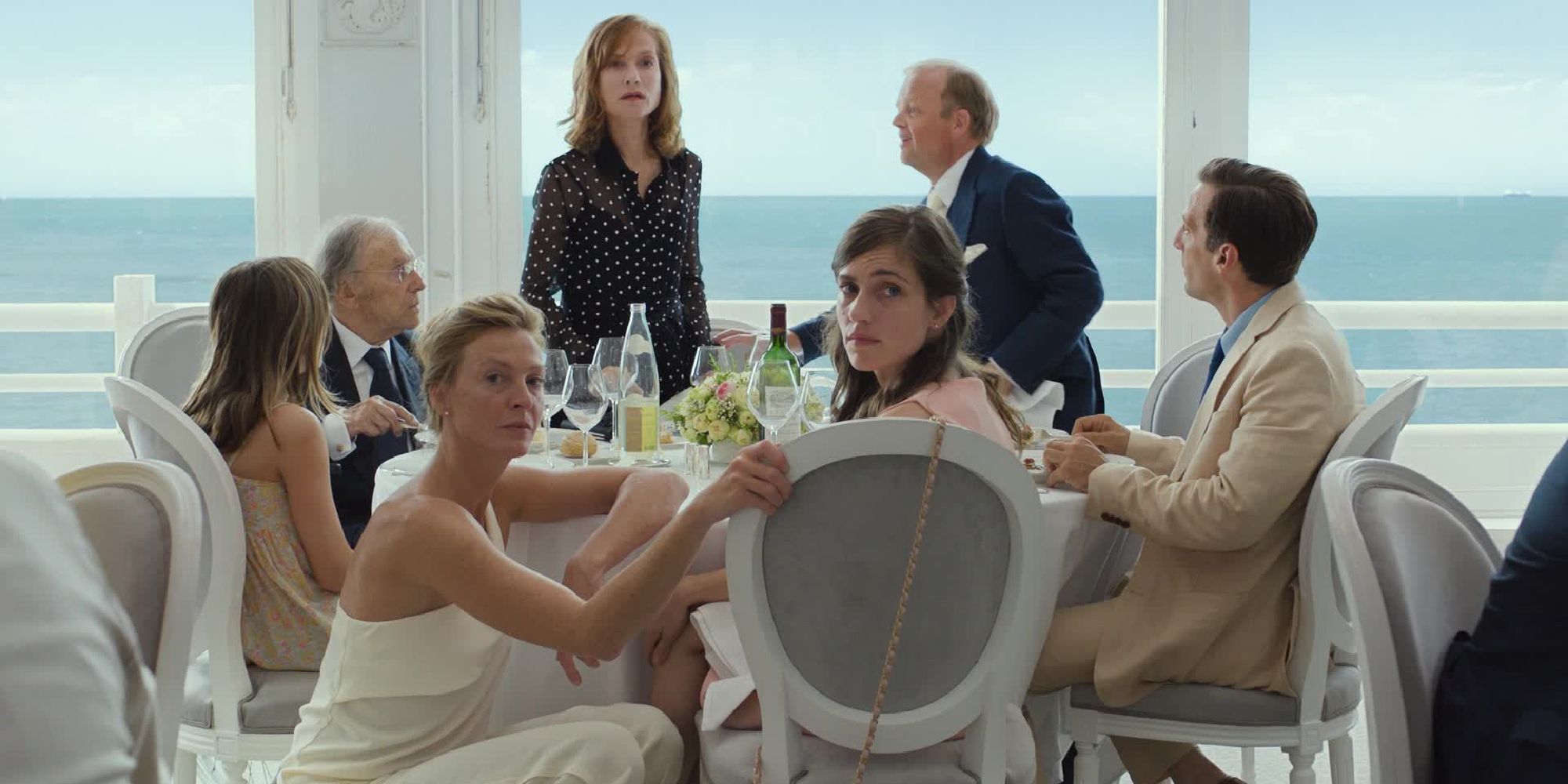
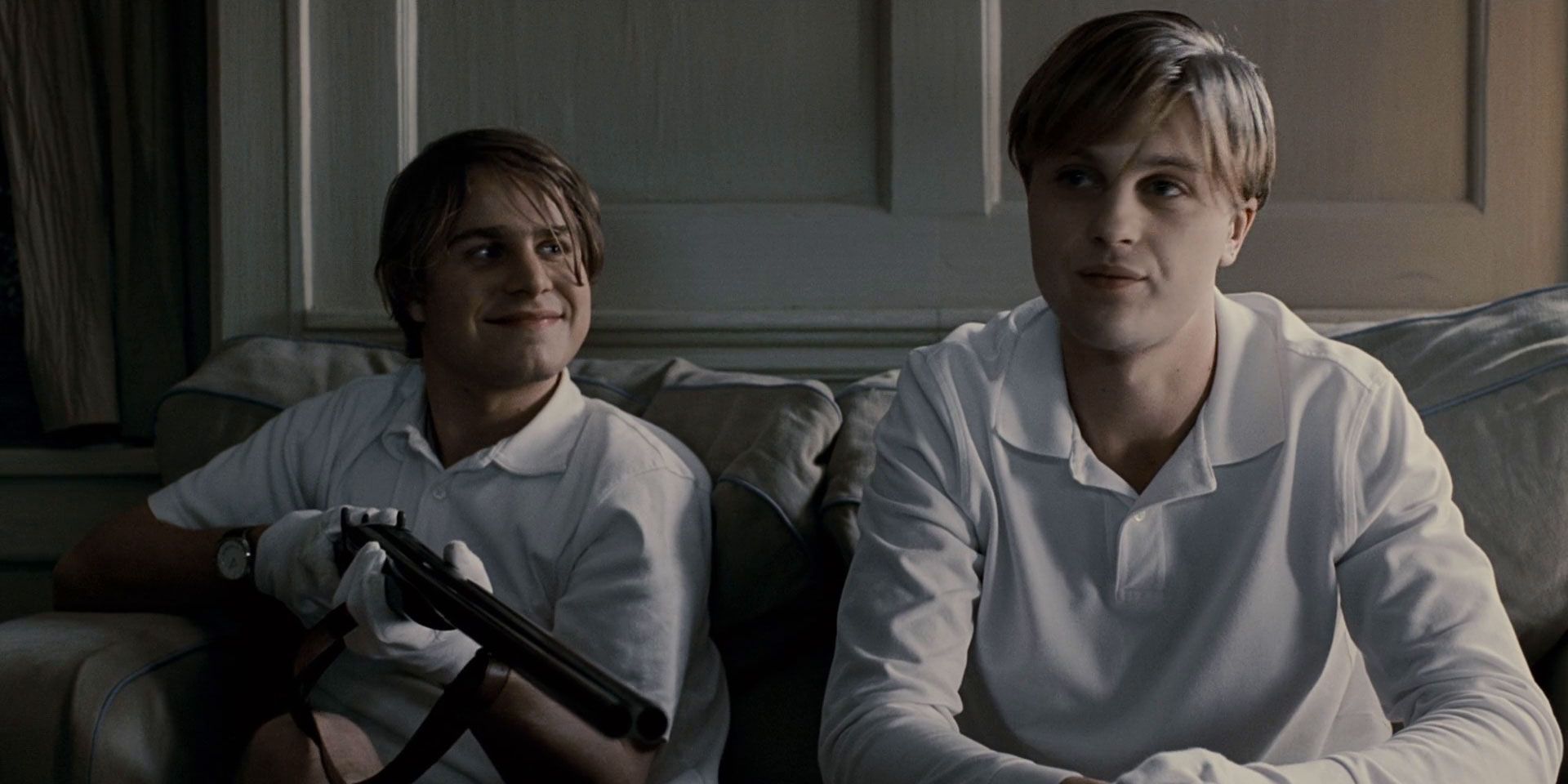
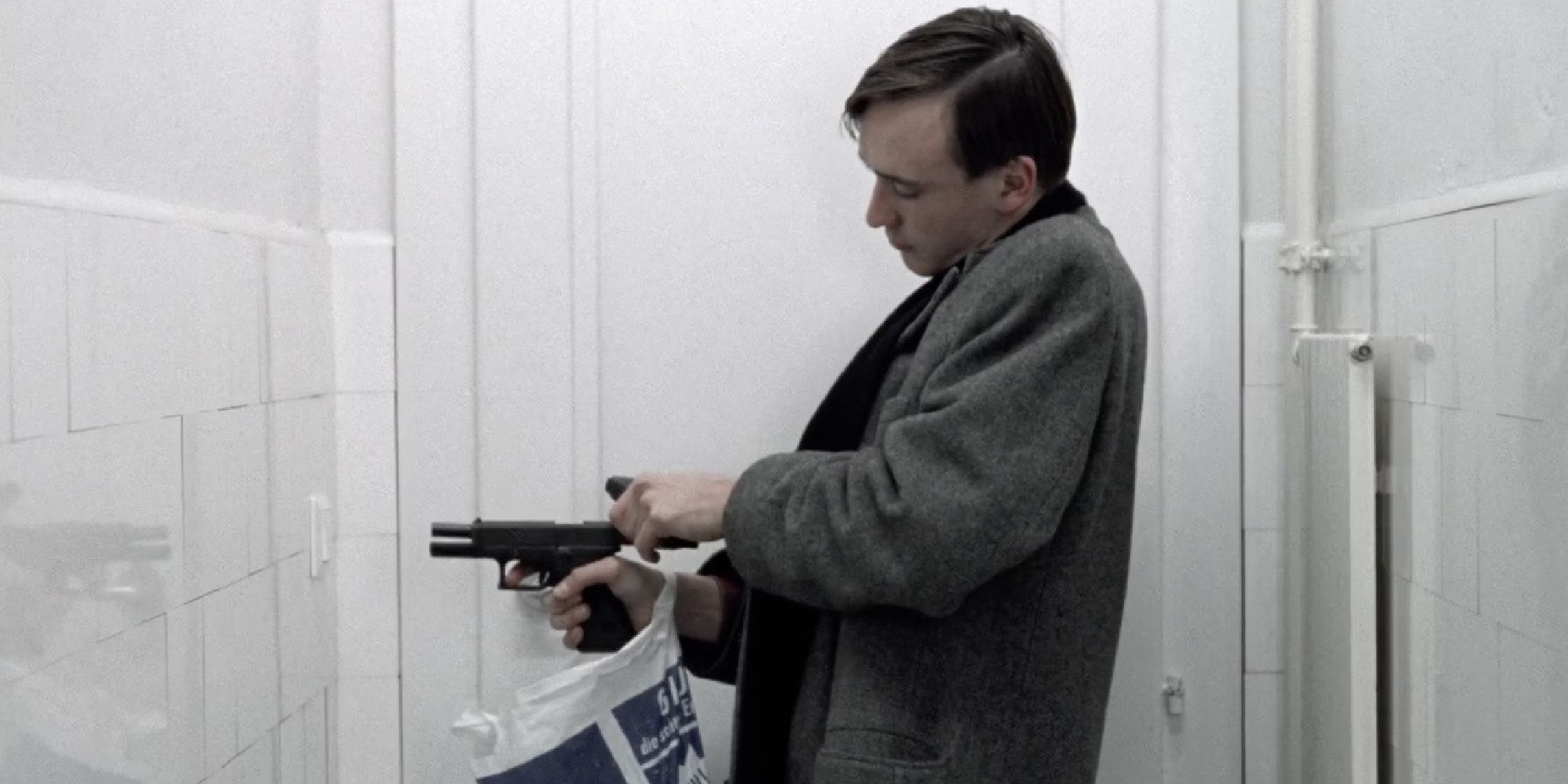
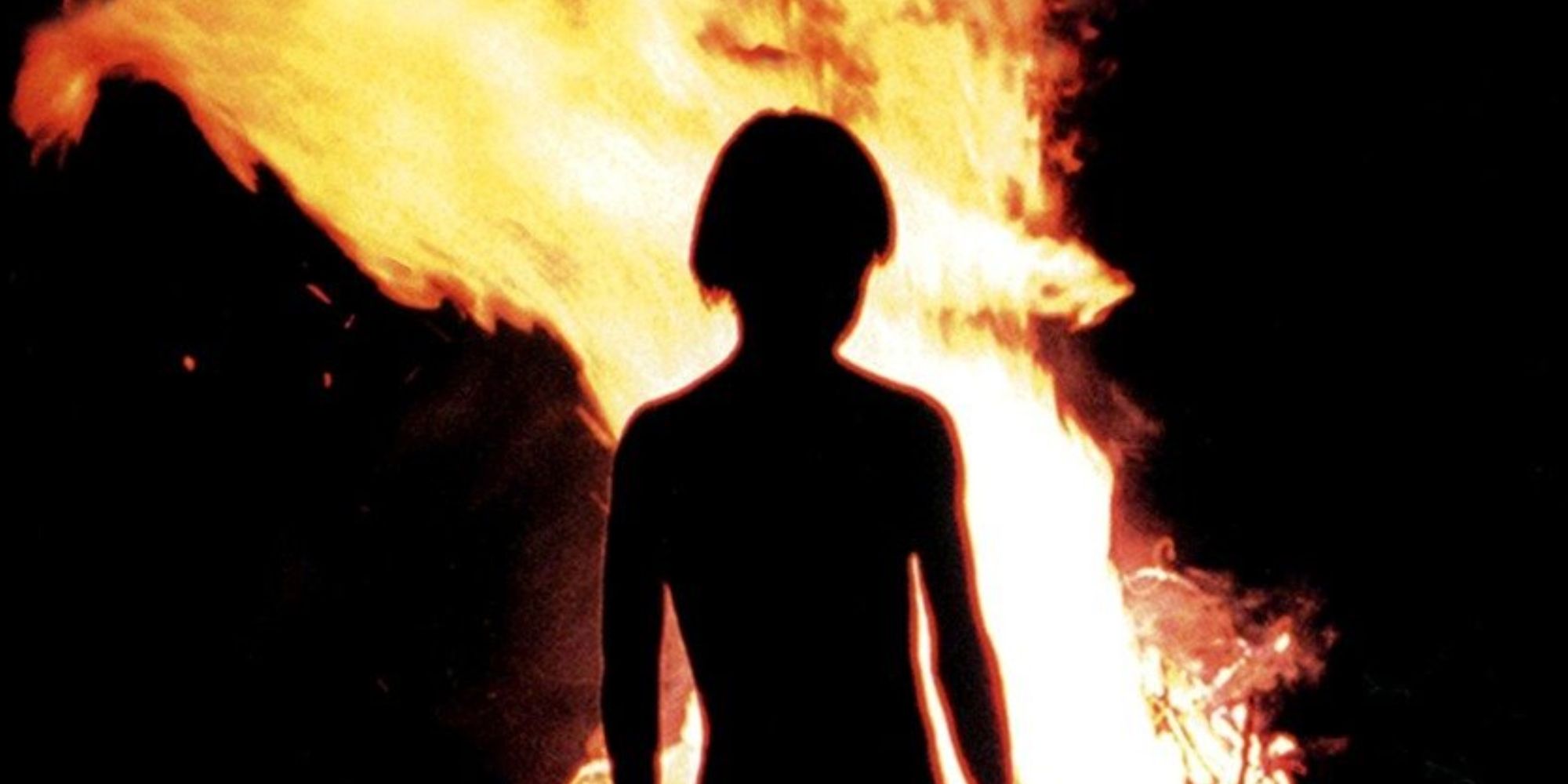
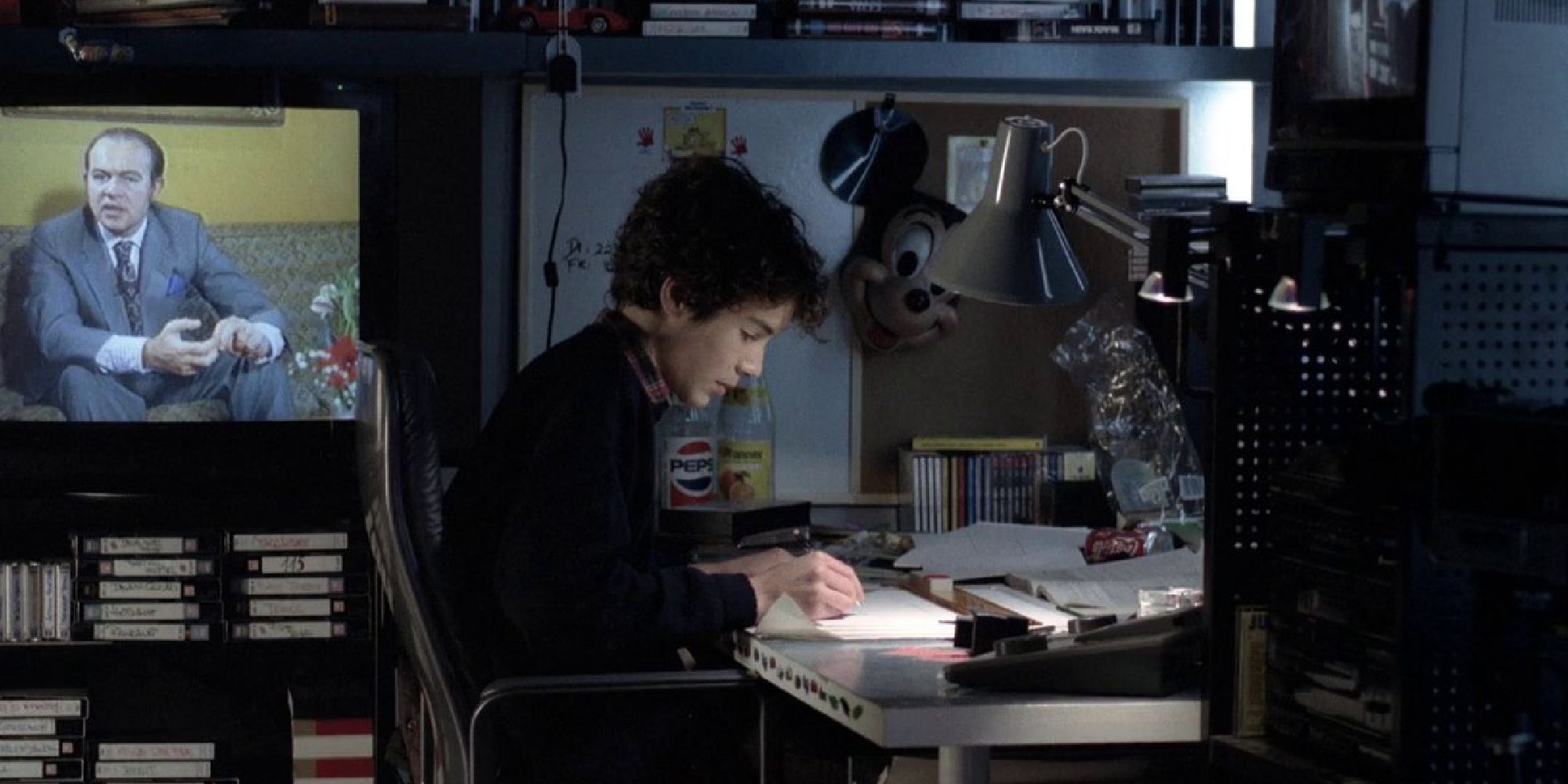
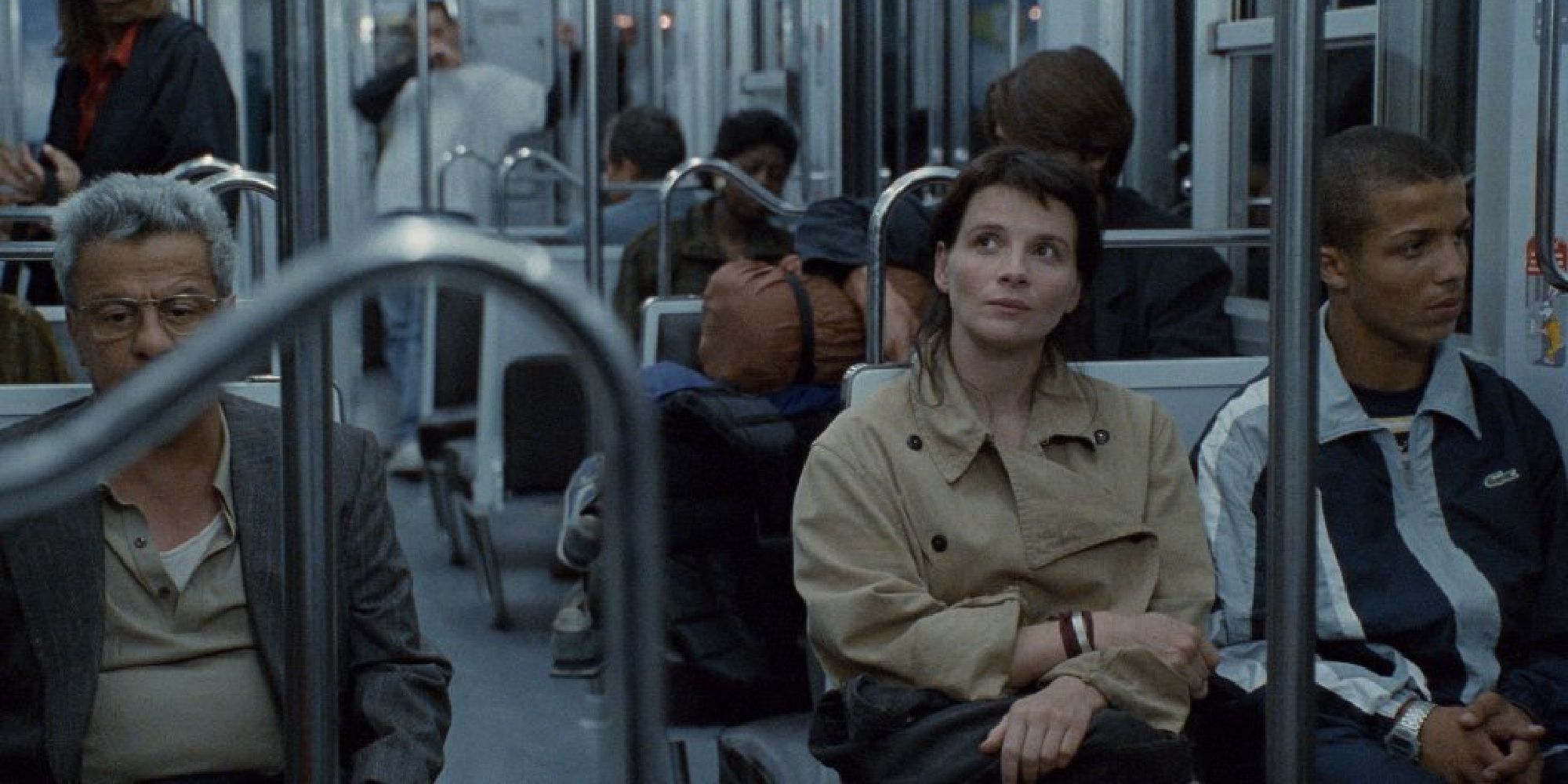
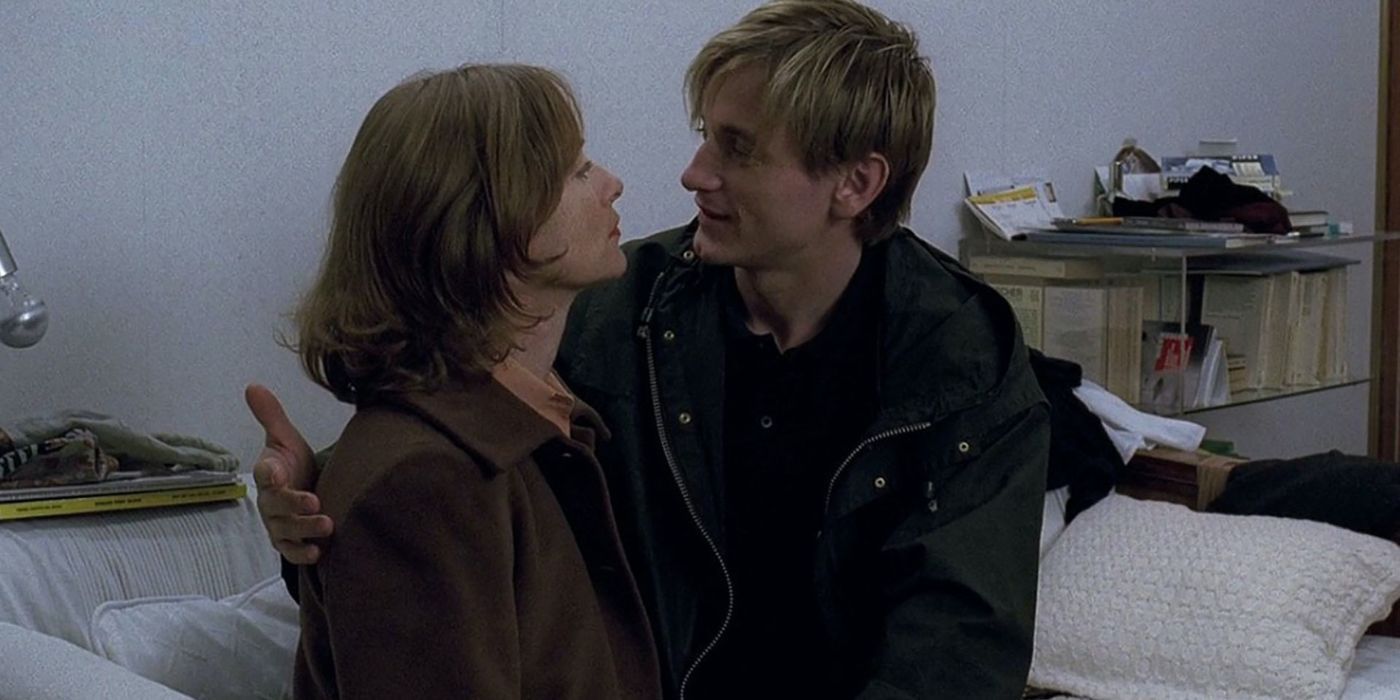
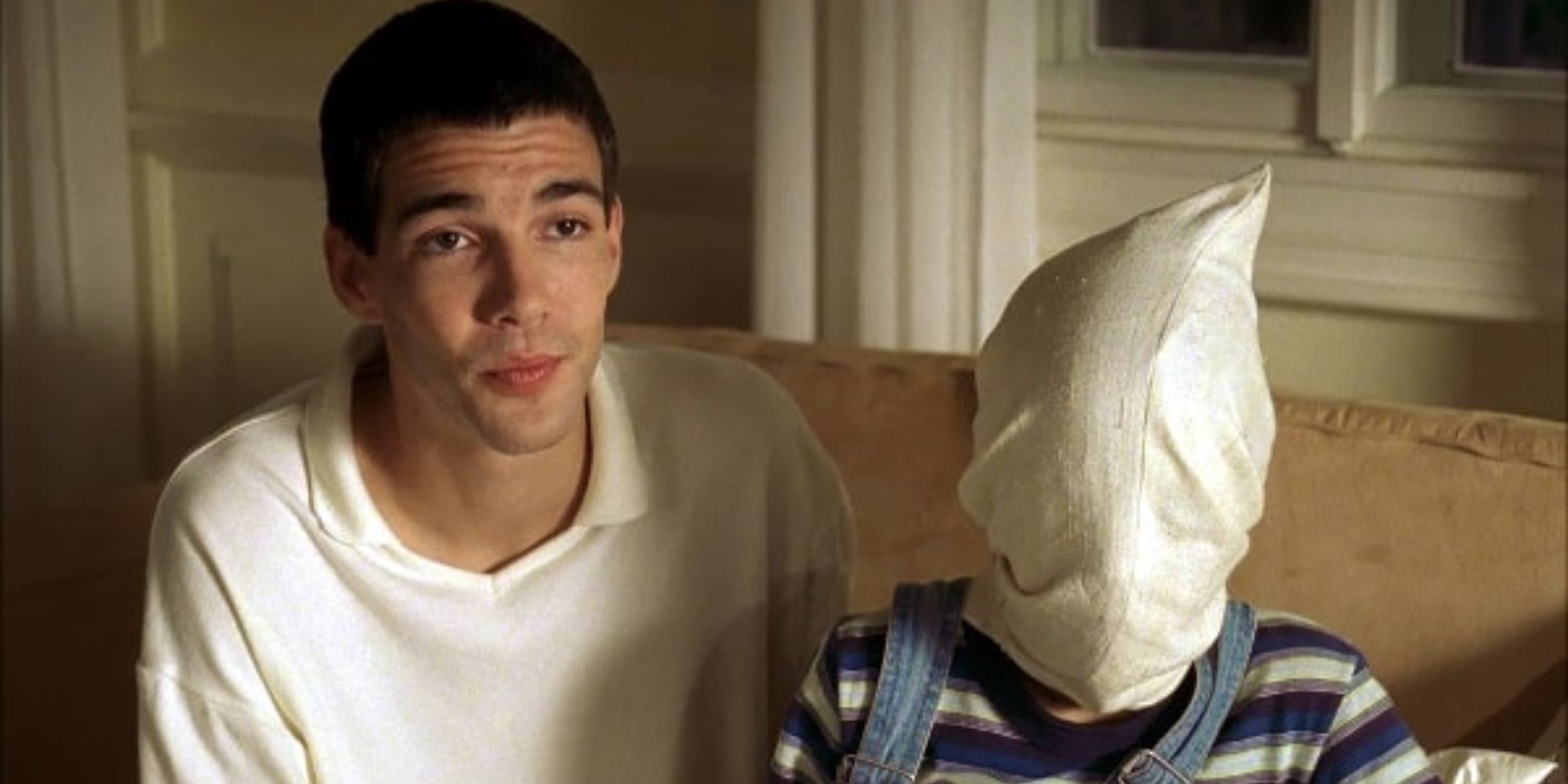
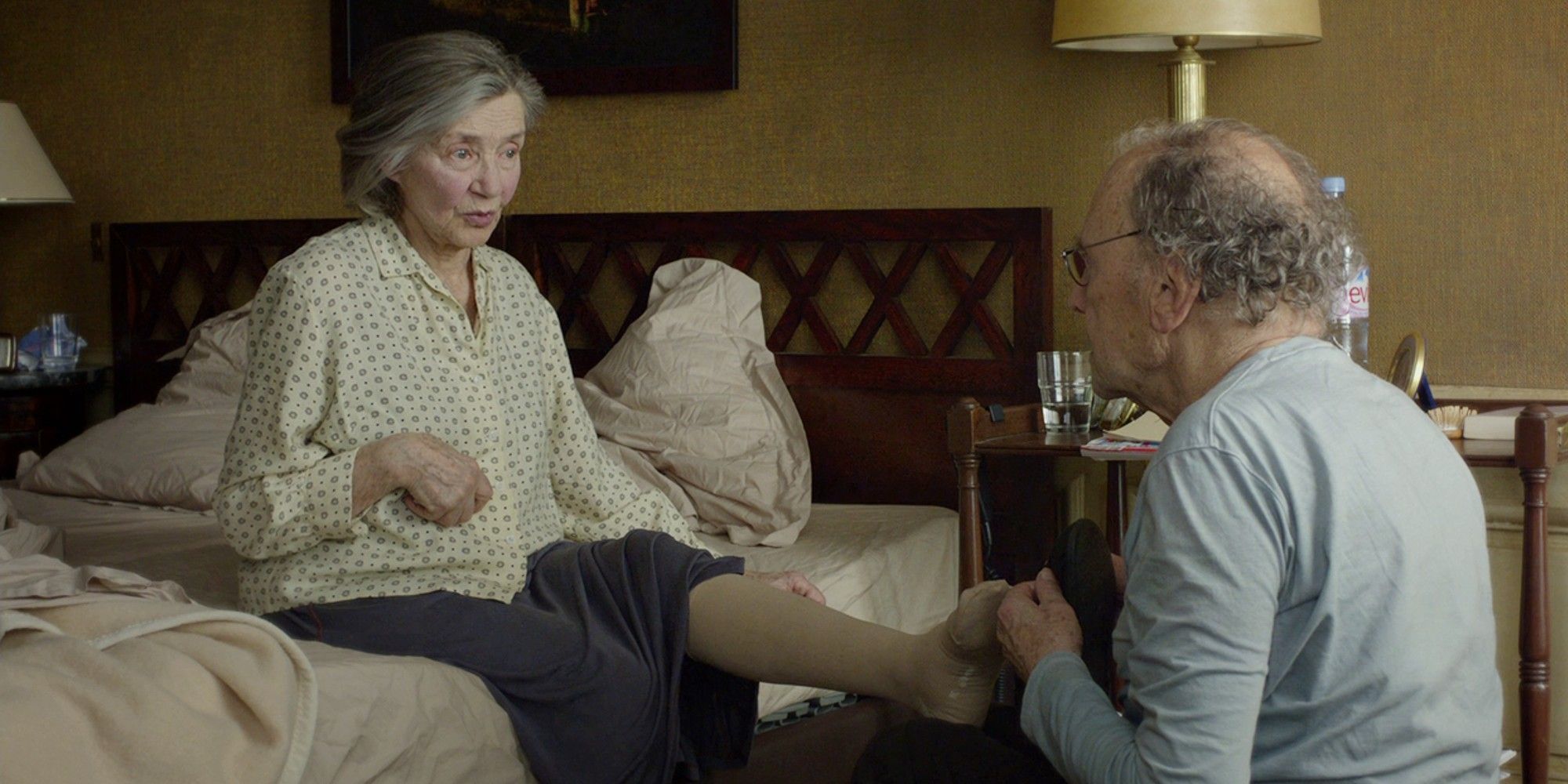
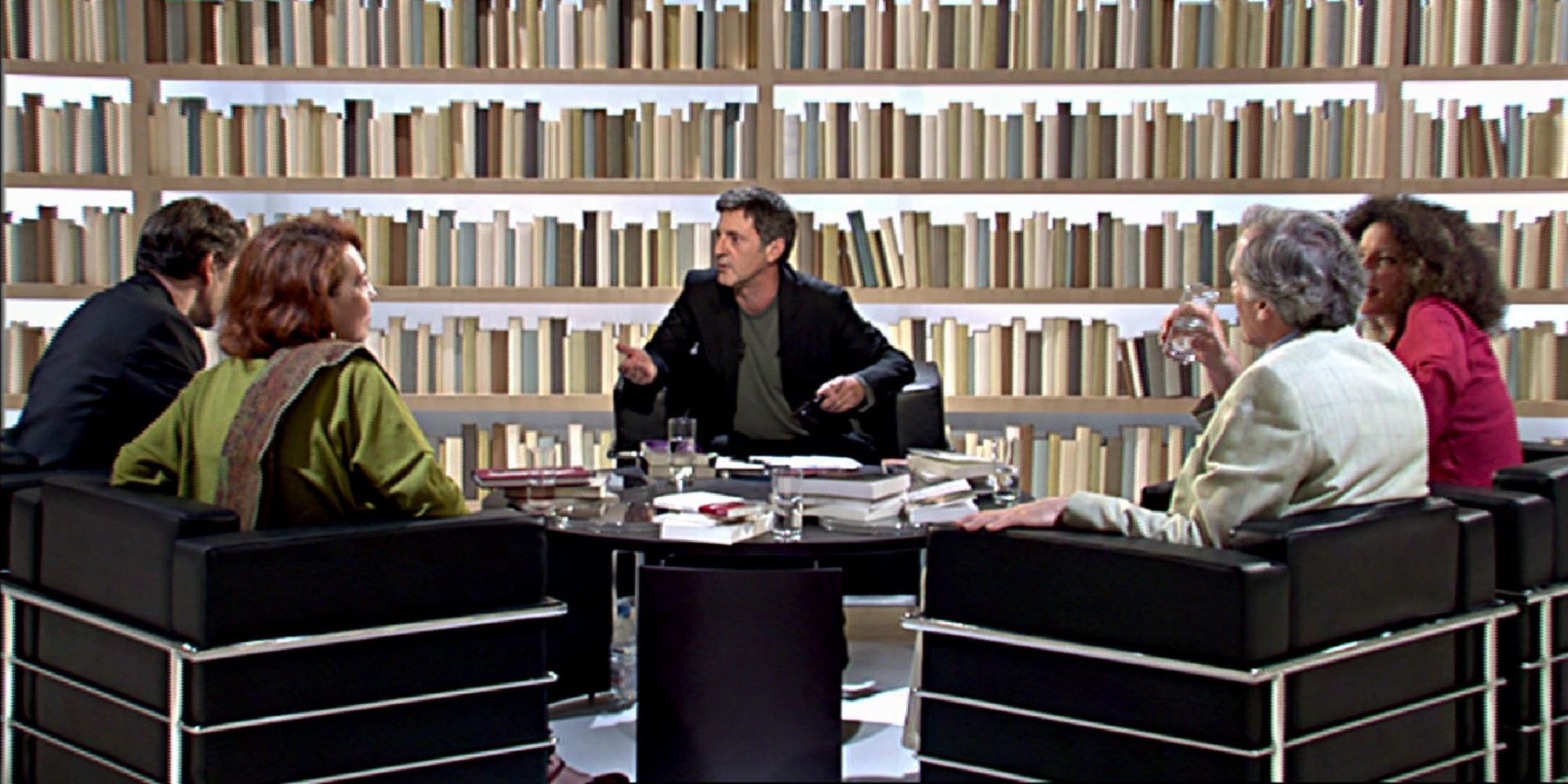
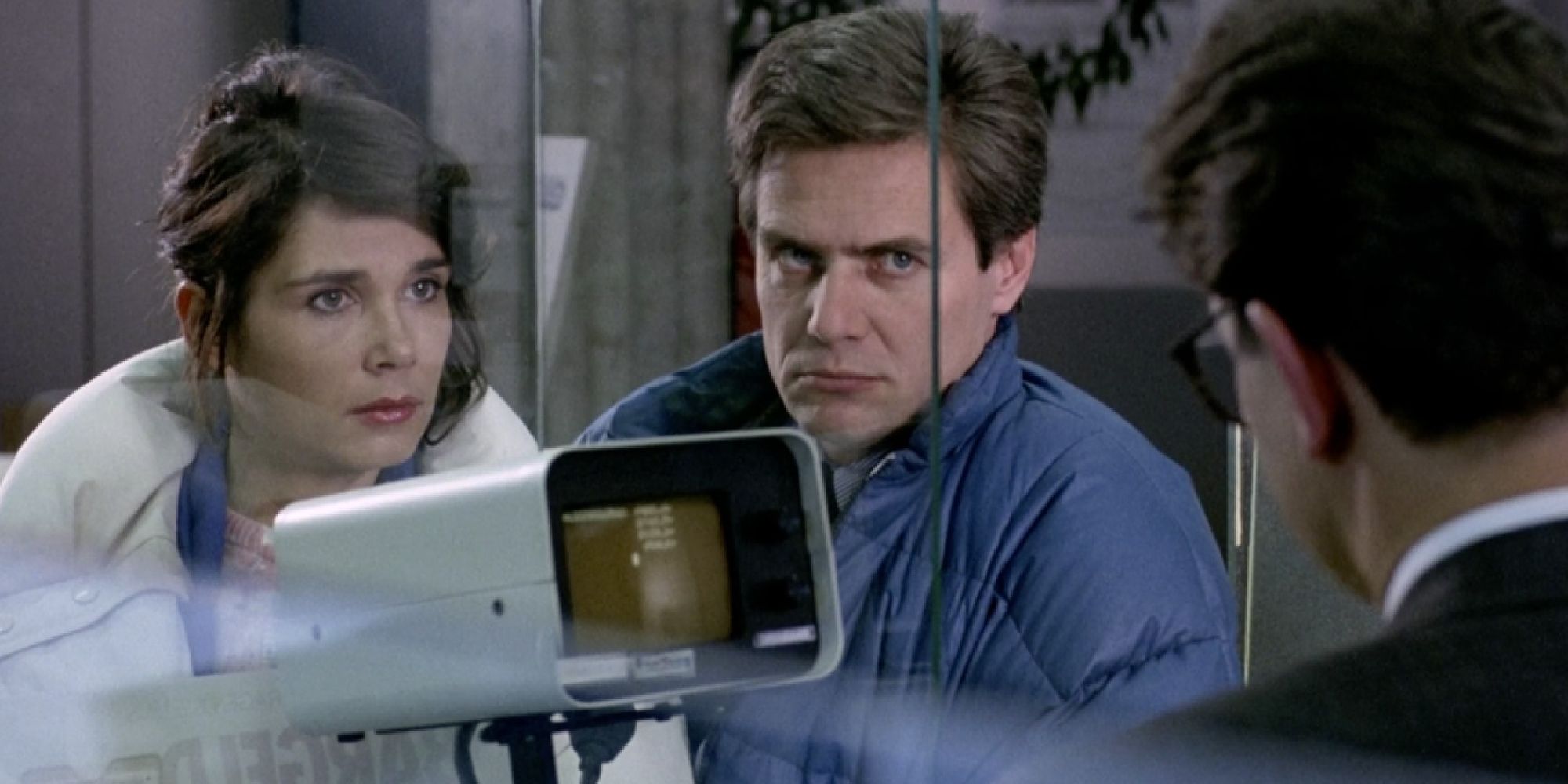
.jpg)